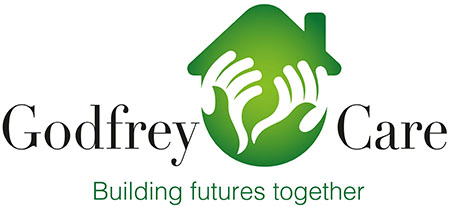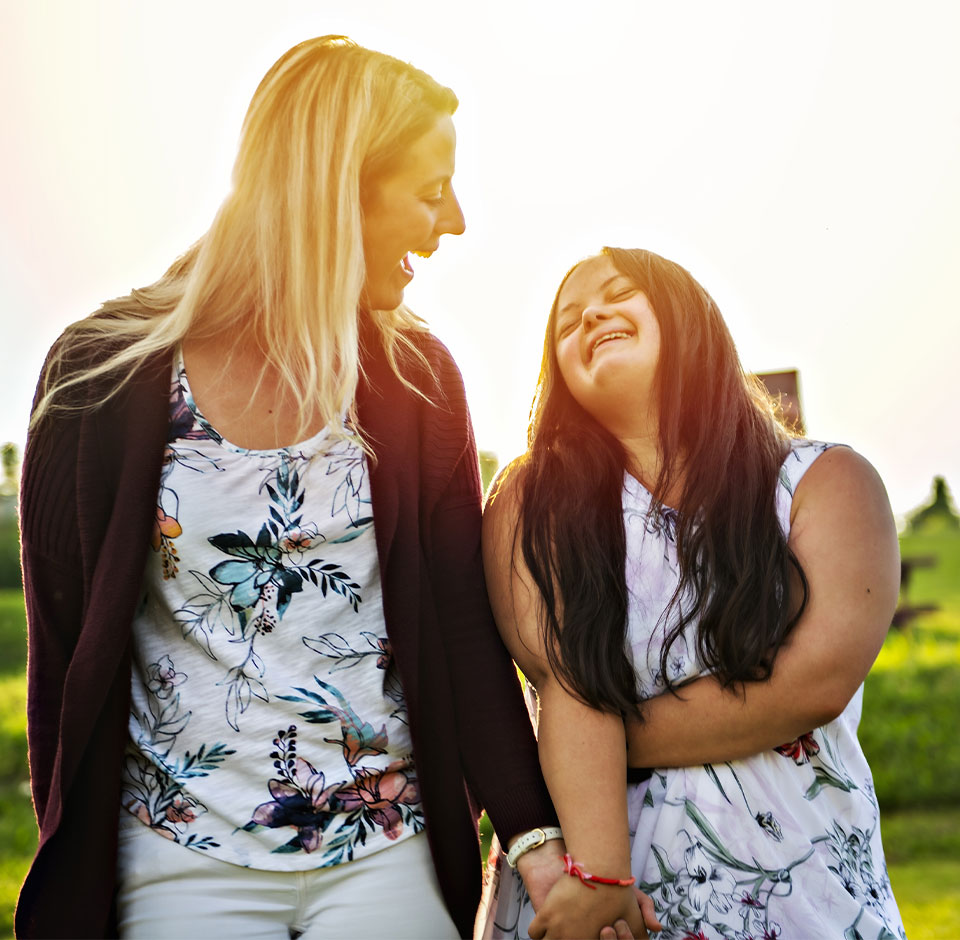Lily was referred to our services following a number of placement breakdowns where teams had not understood or been able to support her behaviour. Lily had a diagnosis of Autism, Severe Learning Disability, and associated needs, displayed smearing behaviours, and refused to wear clothing. Her wider social network had broken down, and Lily was living in isolation with none to little chance at a happy, ordinary life. Following assessment, our specialist teams identified that we could provide Lily with a placement and begin to support her behavioural presentations to give her back the quality of life she deserved, identifying the reasons for her behavioural presentations instead of just reacting to them, and planning ways to teach her functional skills so Lily didn’t need to engage in challenging behaviours.
Through starting a specialist transition with Lily, her family, her professionals, and the information already known about her, we began to build a person-centred plan about how we could support Lily and began transitional visits to Lily to identify the ways we would need to support her. Our core focus was the upholding of Lily’s Human Rights, identifying life goals and opportunities for her, maximising her integration into community services, and providing her a placement that was bespoke to her wants and needs so we did not become just another temporary place for Lily. We were sure we could meet her needs, so we committed to Lily.
Before moving came, and as part of her transition, we used Social Stories with Lily to prepare her for her move, and after a transitional period Lily was familiar with the staff she would be supported by in her new placement, and had begun to form respectful, trusting relationships with them. We identified a Keyworker for Lily to lead the transition, and they were supported by our Specialist Support Team to plan for all of Lily’s needs. At every stage we kept every stakeholder involved, sought feedback, shared our plans, shaped them based on feedback and made sure that everyone, most importantly Lily, was involved from the beginning.
Fast forward following Lily’s move into our service, and she has thrived! Lily trusts the team who supports her, she has visits with her extended family, has acquired a number of functional communication skills to express her needs, wishes and choices, wears clothing, accesses the community several times a week, and no longer needs to use behaviours that challenge to communicate her distress because her quality of life is good. Regular placement monitoring takes place, with feedback gained from Lily’s circle of support, and through adopting a true partnership approach we’ve given Lily back her dignity, respect, time with family and a home she loves in an apartment all of her own.

